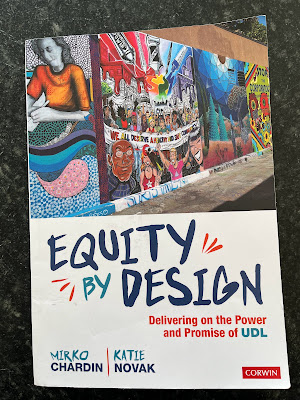Inclusive Classroom Practices
Dear Inclusive Classroom Practitioners:
I am sending you all of my best midwinter wishes as the calendar turns to February, along with a reminder to hang in there, if you need one:
“Hang in there. Within four weeks, the maple sap will be flowing.
Within six weeks, the earliest migrating birds will begin to arrive in numbers.
Within eight weeks, the early spring wildflowers will emerge from the earth.
You will feel the warm sun on your face again.” – Nick Stow @stowecology
I want to offer a recap of our first in-service gathering as well as a preview of our second. Our October 7th session centered on two essential questions from Dr. Rosetta Lee’s Inclusive Classroom Practices framework:
Do you see me?
Representation in Curriculum
Representation on the Walls
Interest in Personal Story
Interactions In and Out of the Classroom
Demonstration of Care
Do you hear me?
Incorporation of Prior Knowledge
Seeking and Responding to Student Feedback
Student Choice in Curriculum
Empathy Reflex
Through group and solo learning, we explored:
How our unconscious biases shape who and what we see (or don't see) in our classrooms
Protocols and strategies for maximizing equitable student engagement
Mechanisms for regularly listening to and integrating feedback from our students
The power of diverse curricular representation across many kinds of social experience
Here is our Google Classroom site if you’d like to get reacquainted with the resources, reflection prompts, and tools we used to thoughtfully dig into that work.
Our March session will elevate the third and fourth questions students need to answer in the affirmative in order for them to experience belonging, well-being, and academic success at school:
Will you treat me fairly?
Clear and High Expectations
Consistent and Predictable Assessment
Different Kinds of Success
Equal Discipline and rewards
Support in Struggle and Push in Success
Will you protect me?
Understanding of Identity and Experience
Interruption of Exclusive or Oppressive Behavior
Teaching and Discussing Cultural and Power Differences
Encouragement of and Practice with Collaboration
I am really looking forward to coming together next time for more dialogue and learning. Please be in touch if you have any ideas or questions before we see each other in a little over a month.
Until then, take good care.
Susannah


Comments
Post a Comment